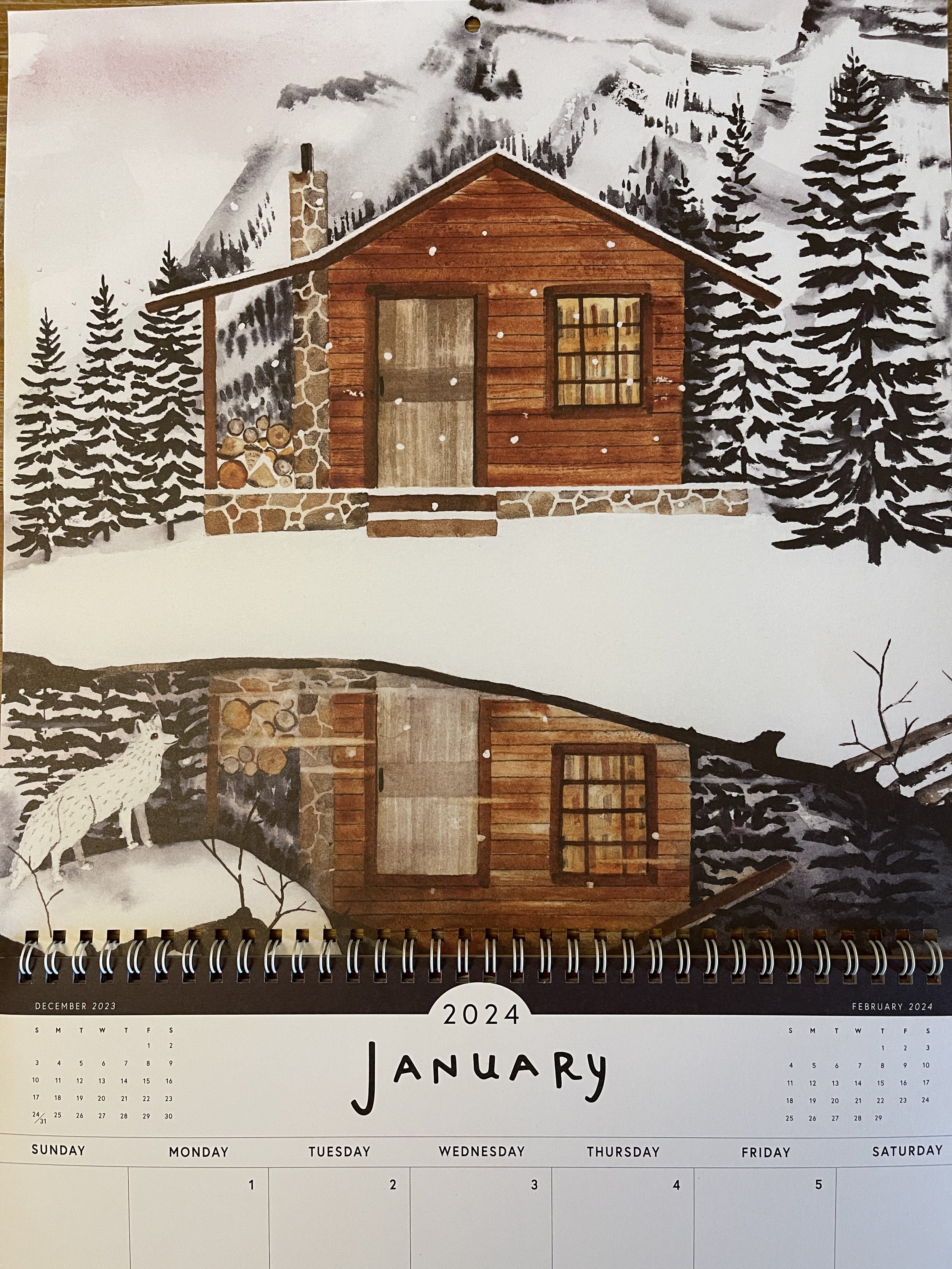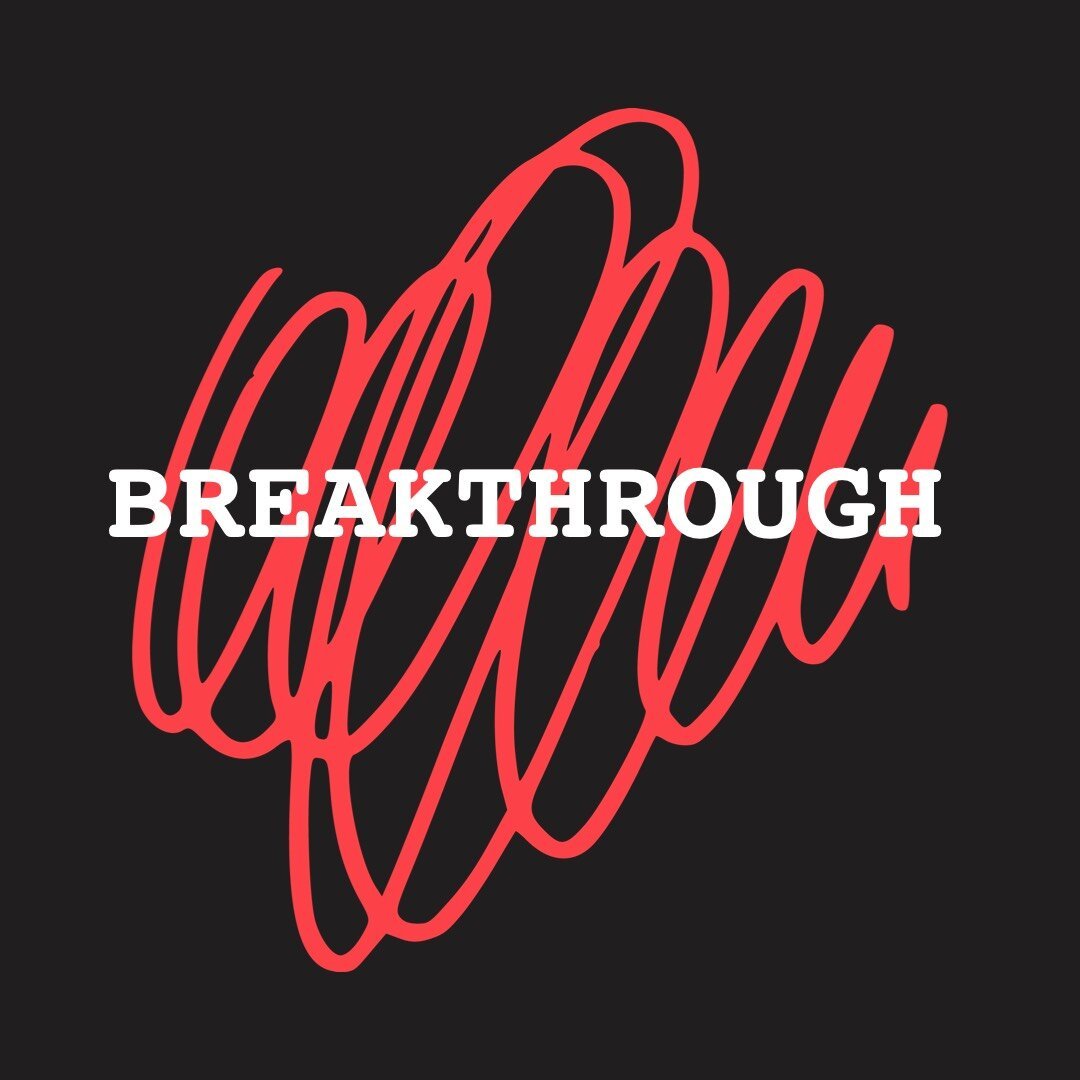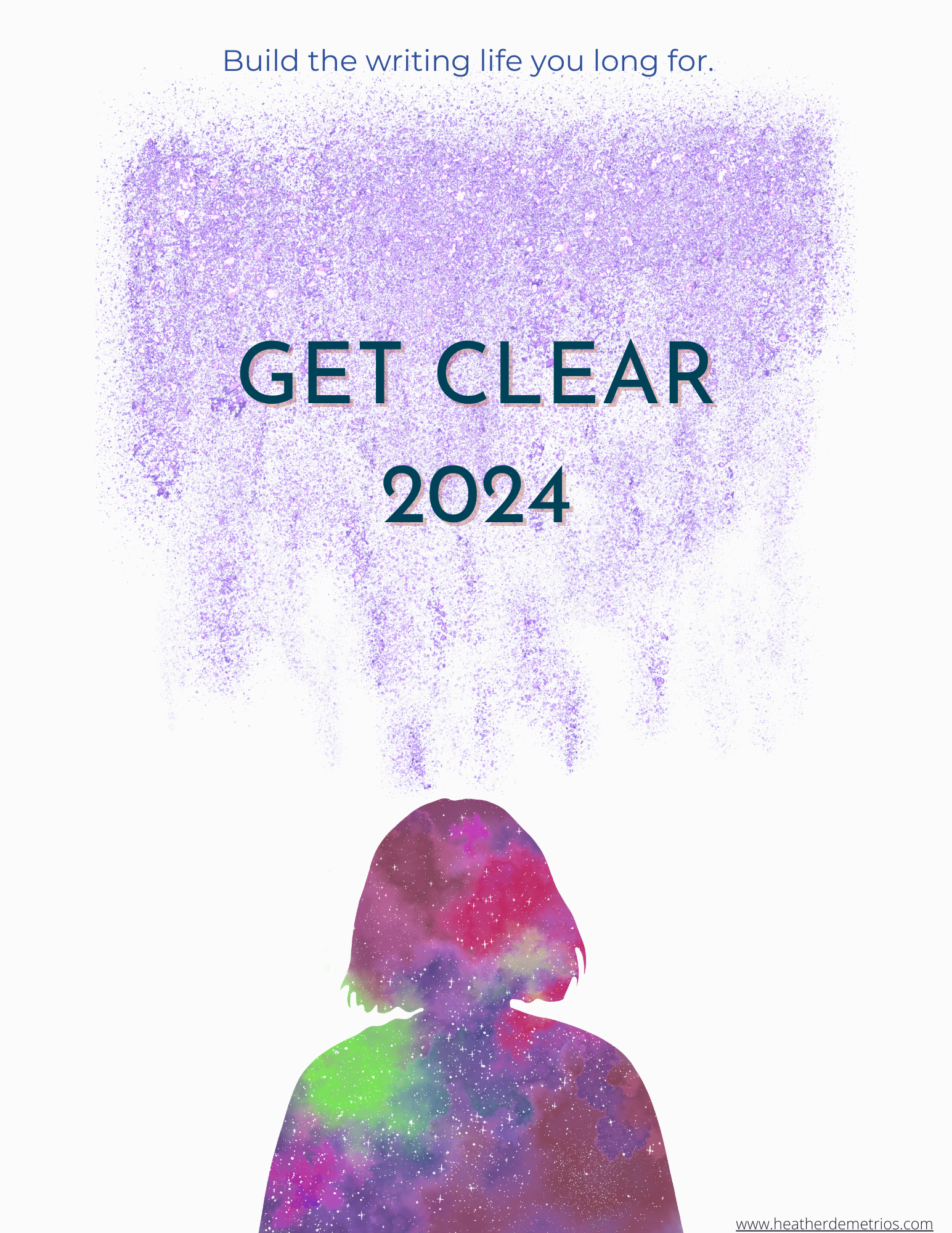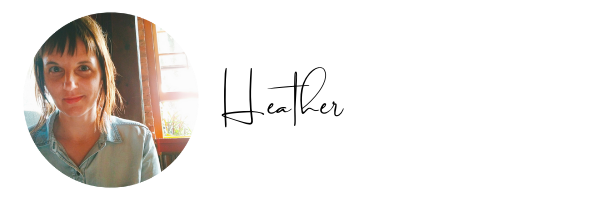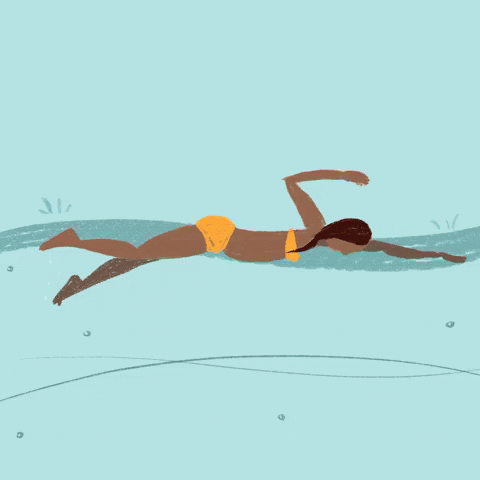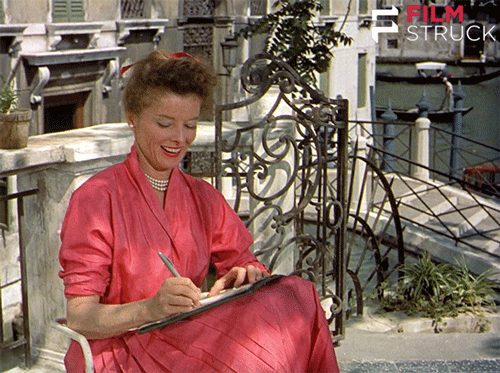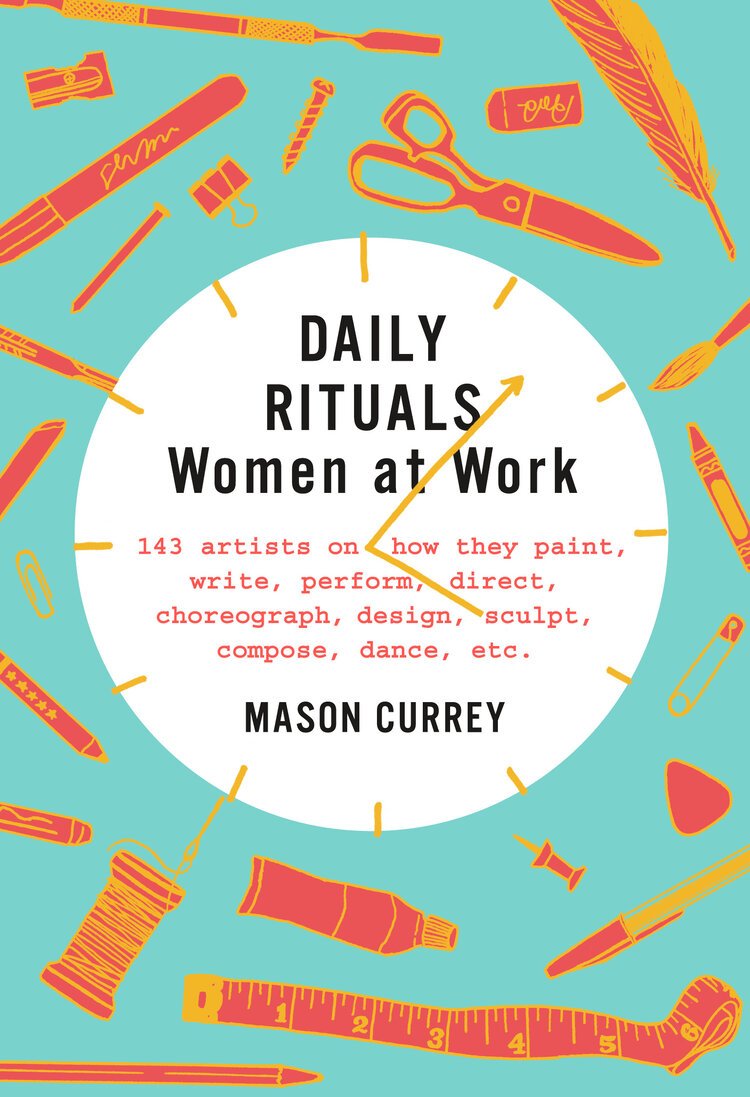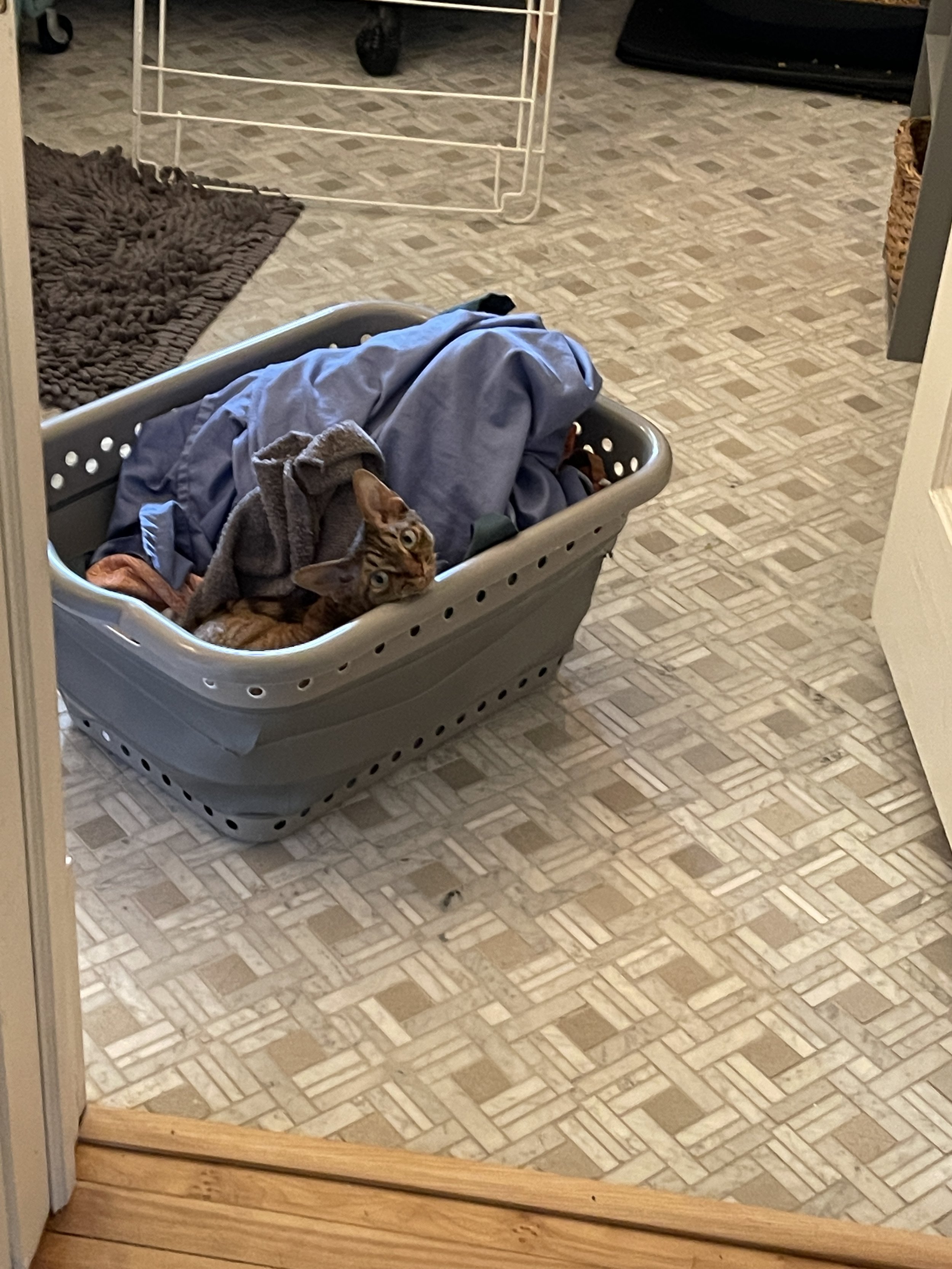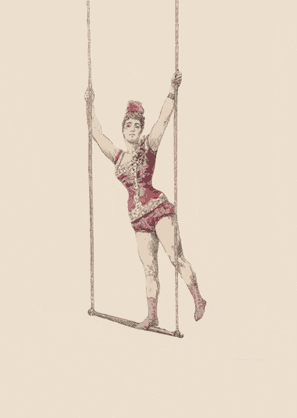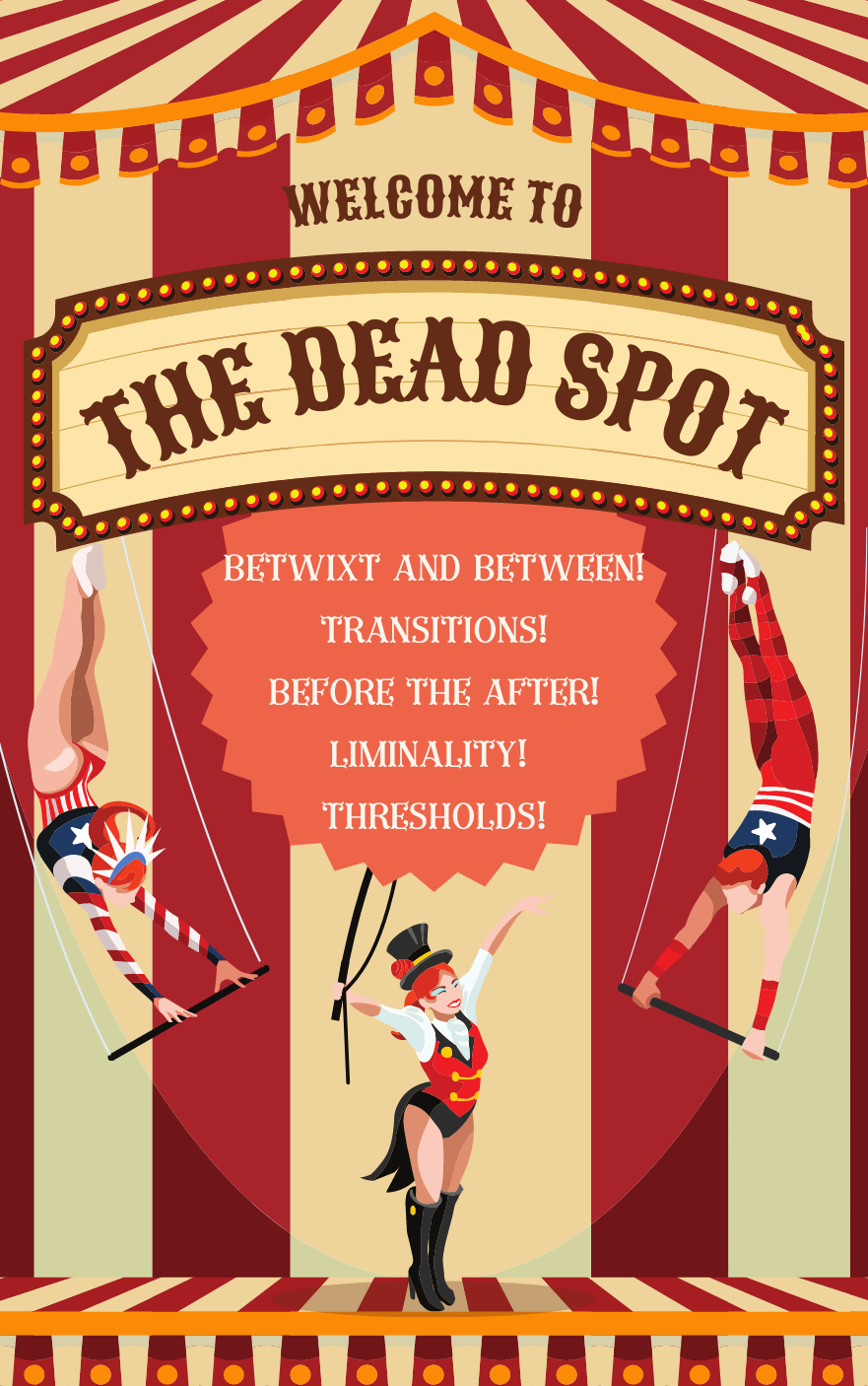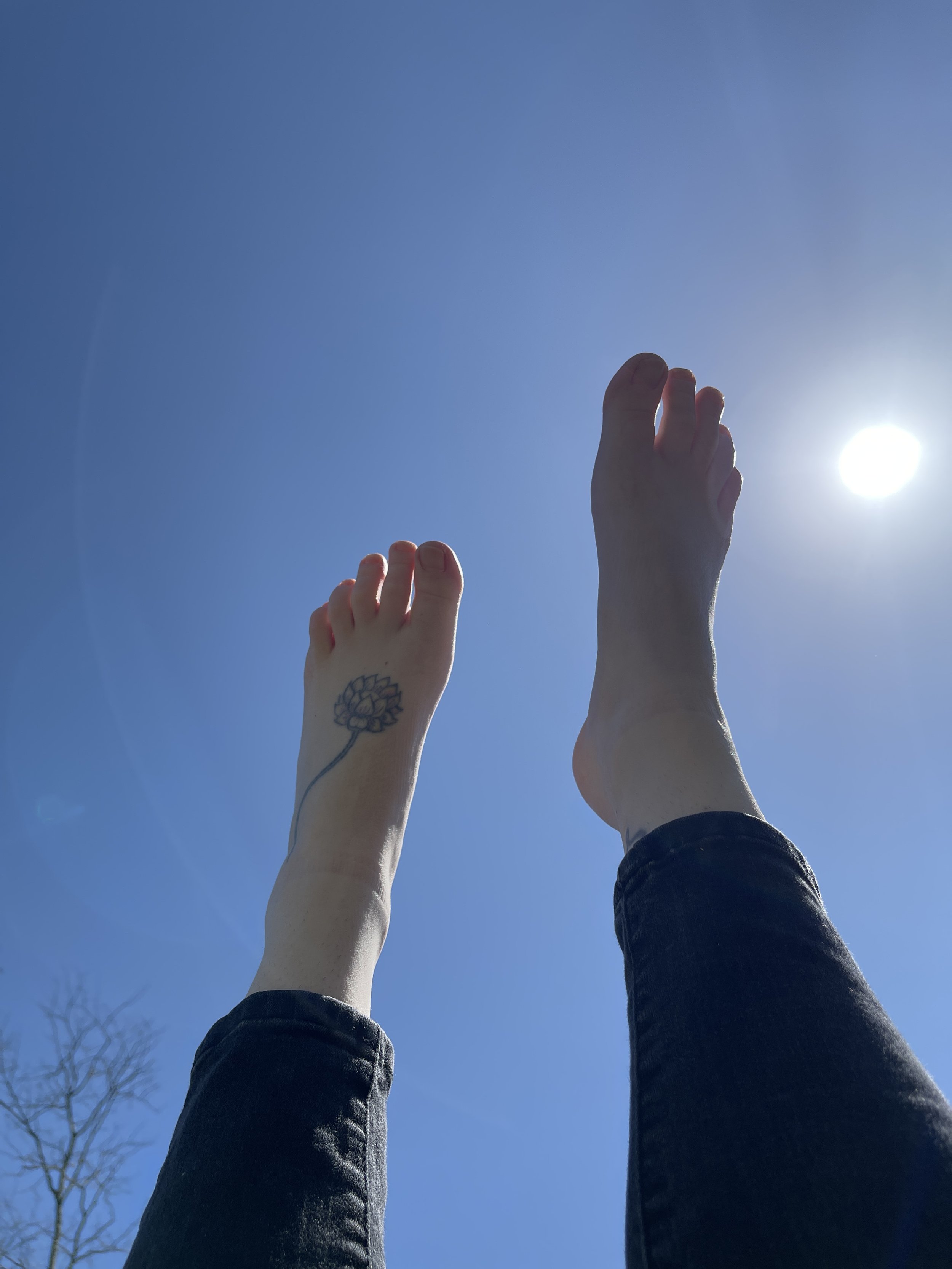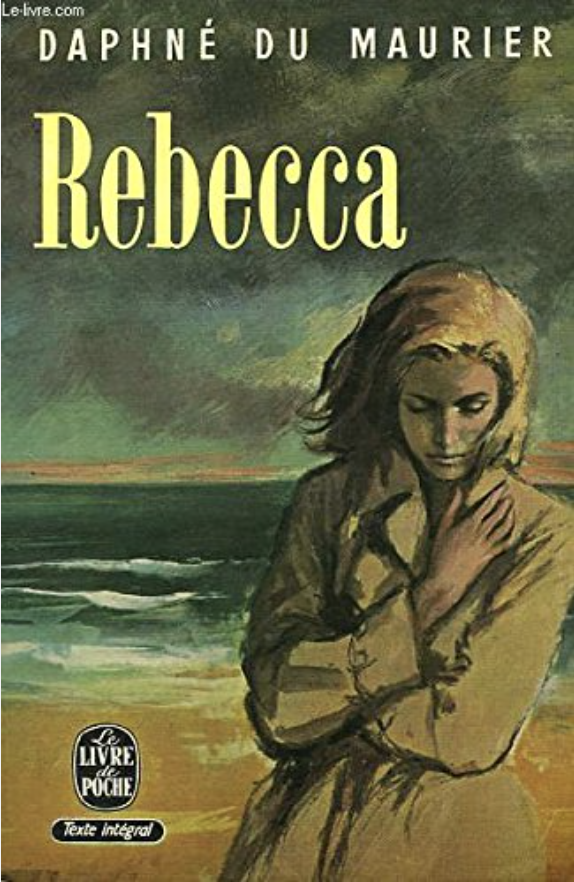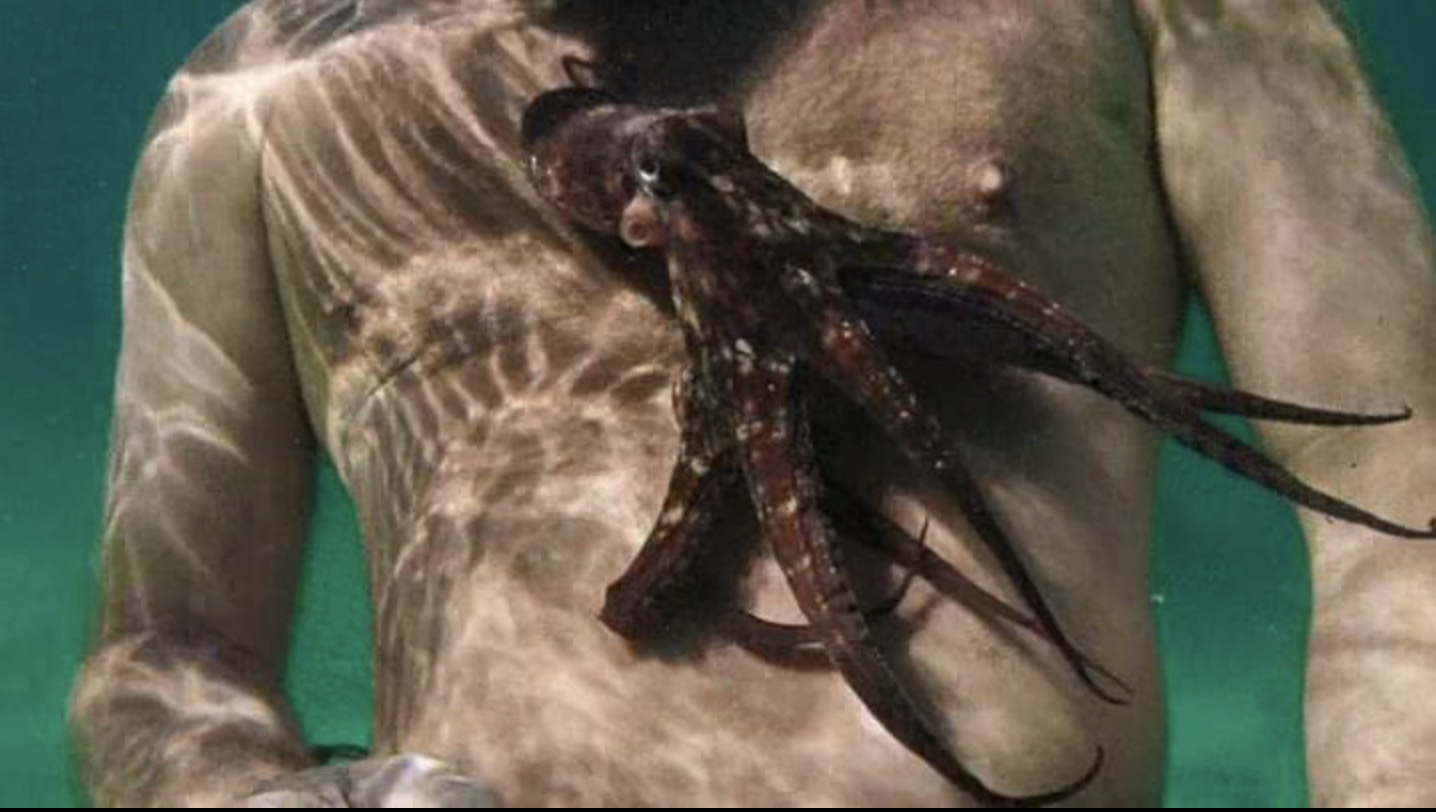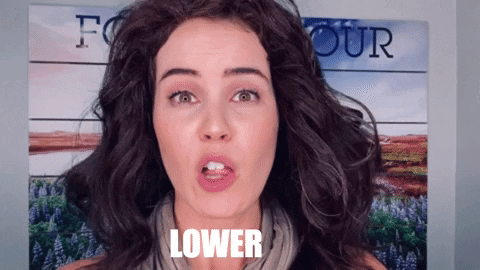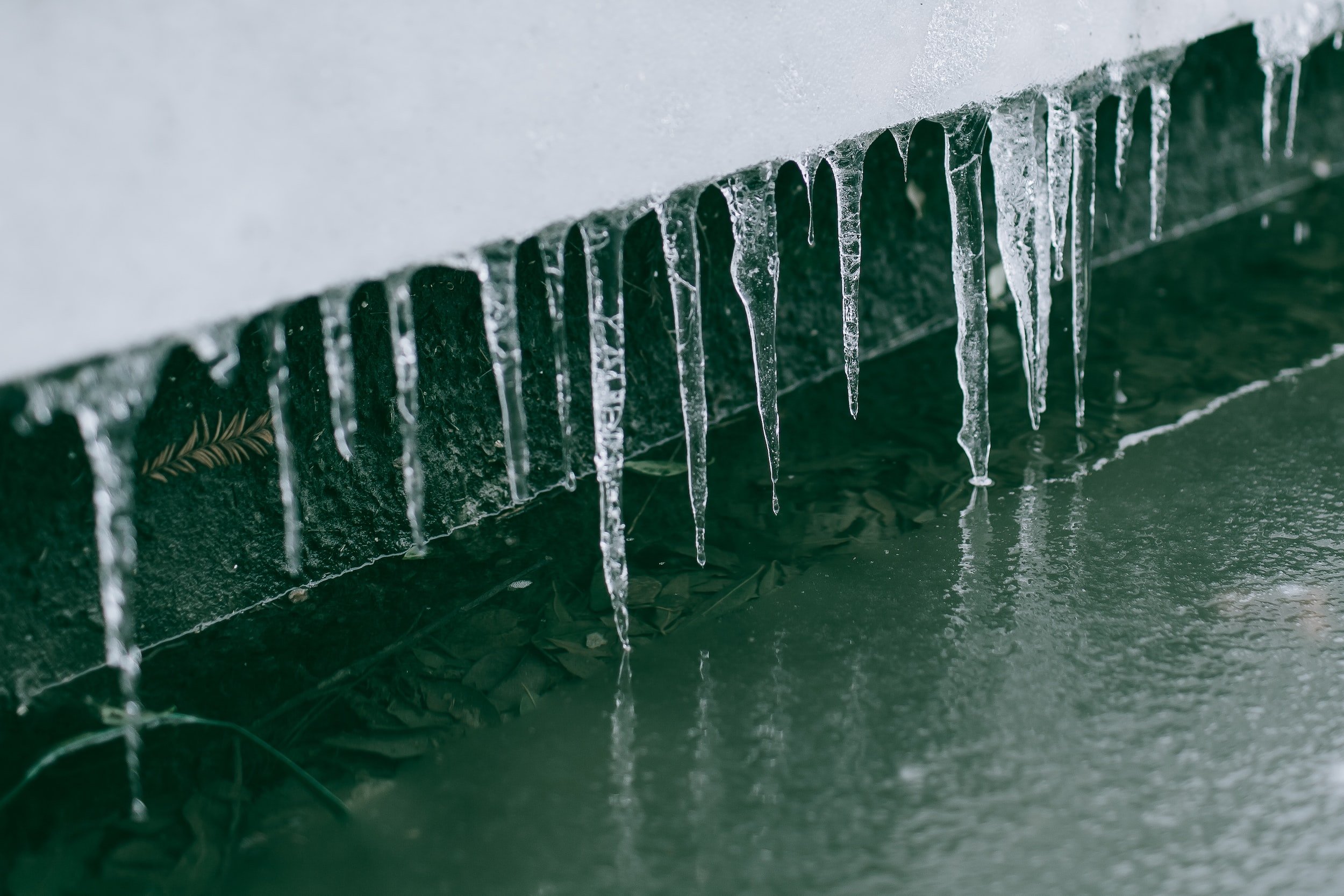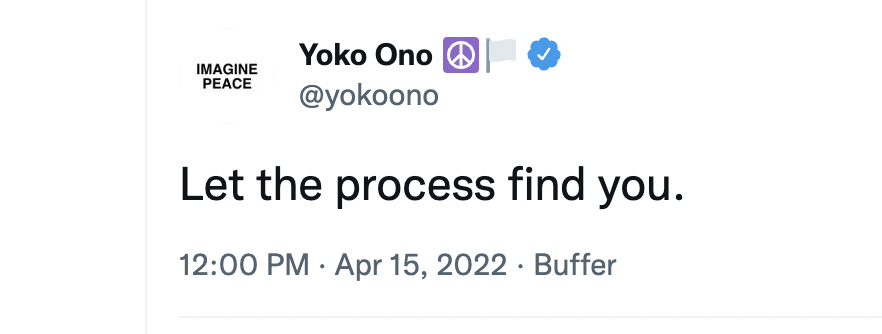Quick note: I send out my newsletter, which eventually become these posts, twice a month. But I haven’t had time to transfer them over all year (!!), so don’t forget to sign up for my newsletter if you want writing support throughout the year.
Look at those kitty ears! Tell me they didn't give you a little joy bump as soon as you saw them. That's Luna, our new kitty, who is seven months old already!
I think of my newsletter often, writing it in my head, saving links and resources throughout the month, dog-earing pages....So trust me when I say that I was SO disappointed to not be able to get one out to you in August. It's the first month in forever that I've skipped a whole month and I missed sharing what's lighting me up, what I'm looking forward to, sending a bit of encouragement, sharing books I loved (and adored), and connecting across time and space.
It's a whirlwind of a season for me, but I'm learning so much about how to support creatives in my social work internship at an arts high school. No better place for a YA author, that's for sure! One kid told a social worker she was an "unreliable narrator" because she told him he was smart - LOL. I can't make up half the stuff these kids say in session. They are so creative, so smart, so much more free than I or my fellow creative peers were allowed to be. The combination of it being 2024 and an arts high school is a powerful tonic for self-acceptance. When I lose hope, I see how much we writers and creatives have helped shaped the world for the better.
I remember when I wrote Something Real, which pubbed in January 2014, it was a big deal to have a scene where the protagonist's gay brother and his boyfriend come out and have a public promposal. At the school where I offer therapy, most of the kids are queer and this would be no big deal whatsoever. This isn't the case everywhere, mind you, and we have a looooong way to go. I hope you'll consider joining Authors Against Book Bans if you're an author, or any organization fighting this wave of bans. But I also hope you will know that the work we put out there really does chip away at the barriers between humans.
Stories shape the world--I truly believe that. When we share our story, or any story, really, we invite people into lives that are not their own and this works their empathy muscle, whether they want it to or not! If you're losing heart, just know that it all adds up.
So, I'm busy as hell. And I don't want to be - it TOTALLY goes against my mindfulness practice and the very foundation of what causes me to go into a flow state. I was flipping through Mary Karr's The Art of Memoir for a client and I ran across the following quote that I've always loved. It felt like I was doing some form of bibliomancy, as though the book were a deck of tarot cards and I'd just asked, "How do I find time to write in this insane season of my life?" She says:
"To tap in to your deepest talent, you need to seek out a calm, restful state of mind where your head isn't defending your delicate ego and your heart can bloom open a little. For me, my mind is constantly checking where I am in line, comparing myself to others, or even to a former self, racing, fretting, conniving to get ahead. But underneath that is another self that quietly notices all that. A friend called to say she was going crazy once, and I said, 'Who's noticing that?' You want to get next to that quiet, noticer self as a starting place.
Just apply your ass to the chair (as someone wise once said, a writer's only requirement) and for fifteen or twenty minutes, practice getting your attention out of your head, down to some wider expanse in your chest or solar plexus--a place less self-conscious or skittery or scared. The idea is to unclench your mind's claws. So don't judge how your thoughts might jet around at first. Eventually, you'll start identifying a little bit with that detached, watcher self and less with your prattling head. You're seeking enough quiet to let the Real You into your mind."
I put the sections that resonated most with me in bold - you'll have your own highlights, but I bet many of you are resonating with what she's saying. The way she describes this practice of getting to the writer's seat, it feels doable, right? 15-20 minutes. Unclenching the mind's claws. YES. When I lead meditation sit on my own, I often say, soften, soften to the tense parts in my body. What if I did that in the writer's seat, said "soften" to the parts of me that are comparing this Heather to a more productive writing Heather? To the Heather who wants to get it right? To the Heather who is so tired?
I suppose, then, it's perfect timing for what's becoming a twice-yearly tradition: The Cozy Mini Writing Retreat! I do this in autumn and February.
Click below to learn more and sign up to see how tapping in to this noticer self, to the Real You, as Karr describes it, can benefit your writing practice and your overall mental health.
If you can't make it, I'm endeavoring to create an on-demand recorded version of it, with the exercises, etc. by Thanksgiving, but I can't guarantee when I'll get that out. I hope you can make it on Sunday, November 17th from 12-3 EST! These are deeply nourishing mini retreats and always re-set me when I'm in the frenzy of autumn, just before the holiday season commences.
Together, we will learn to soften in the writer's seat. We'll be practicing tonglen meditation, which is a powerful Tibetan Buddhist practice of energetic work that combines breath, visualization, and intention. We'll have time to free write, time for structured exploration, and time to get in touch with our bodies with mindful self-compassion.
I hope we can all feel this level of cosiness for the three hours we'll be together.
Here's to the most wonderful time of the year and all this season of beginning to turn inwards gifts to us writers.
15-20 minutes. Ass in chair. Unclench the jaws of the mind. We've got this.





